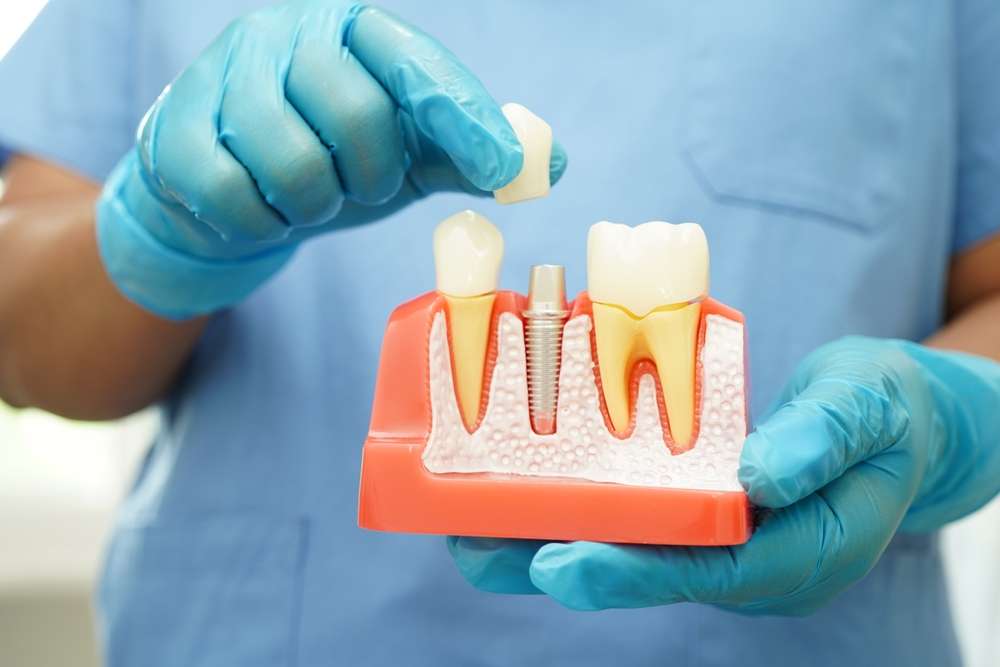Understanding Dental Implants: A Comprehensive Guide to Long-Term Tooth Replacement
A dental implant is a long-term solution for replacing missing teeth. It involves placing a titanium post in the jawbone, which supports a crown for a natural look and feel. Implants help preserve bone structure and improve chewing, comfort, and confidence.

What Are Dental Implants and How Do They Work?
Dental implants consist of three main components: a titanium post that serves as an artificial root, an abutment that connects the post to the replacement tooth, and a custom-made crown that matches your natural teeth. The implant post is surgically placed into the jawbone, where it undergoes osseointegration – a process where the bone naturally fuses with the titanium, creating a strong and stable foundation for the replacement tooth.
What Does the Full Mouth Dental Implants Procedure Involve?
The full mouth dental implants procedure typically involves several stages spread over 3-6 months. Initially, your dentist will conduct a comprehensive examination, including X-rays and 3D scans. If necessary, preliminary procedures like bone grafting may be required. The implant placement surgery is performed under local anesthesia, followed by a healing period. Once osseointegration is complete, the final restorations are attached.
How to Choose Among Dental Implant Clinics?
Selecting the right dental implant provider is crucial for successful treatment. Look for clinics with experienced implant specialists who have completed advanced training in implantology. Consider factors such as:
-
The clinic’s success rate with implant procedures
-
Use of modern technology and techniques
-
Patient reviews and testimonials
-
Cleanliness and sterilization protocols
-
Comprehensive aftercare services
How Long Do Dental Implants Last?
With proper care and maintenance, dental implants can last a lifetime. The titanium posts typically remain stable indefinitely, while the crown portion may need replacement after 10-15 years due to normal wear and tear. Success rates exceed 95% when performed by qualified professionals and maintained with good oral hygiene practices.
What Are the Benefits of Dental Implants?
Dental implants offer numerous advantages over traditional tooth replacement options:
-
Preserve jawbone density and facial structure
-
Prevent shifting of adjacent teeth
-
Enable normal eating and speaking
-
Require no special maintenance beyond regular oral hygiene
-
Look and feel completely natural
-
Support overall oral health
What Are the Costs and Options for Dental Implants?
| Procedure Type | Average Cost Range | Notes |
|---|---|---|
| Single Tooth Implant | $3,000-$4,500 | Includes implant, abutment, and crown |
| Full Arch Implants | $20,000-$35,000 | Per arch (upper or lower) |
| All-on-4 Implants | $25,000-$50,000 | Complete full mouth restoration |
Prices, rates, or cost estimates mentioned in this article are based on the latest available information but may change over time. Independent research is advised before making financial decisions.
Dental implant costs vary significantly based on factors including location, provider expertise, and necessary preliminary procedures. Many dental insurance plans now offer partial coverage for implants, and most clinics provide financing options to make treatment more accessible.
This article is for informational purposes only and should not be considered medical advice. Please consult a qualified healthcare professional for personalized guidance and treatment.




